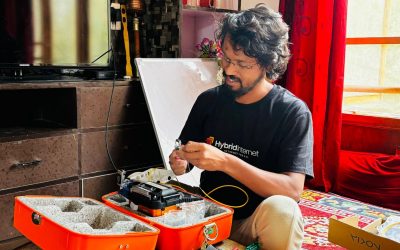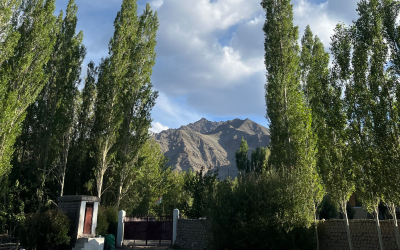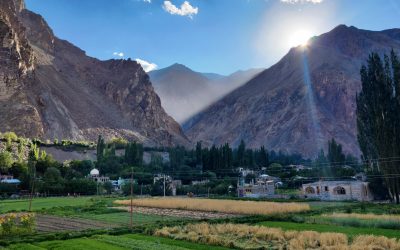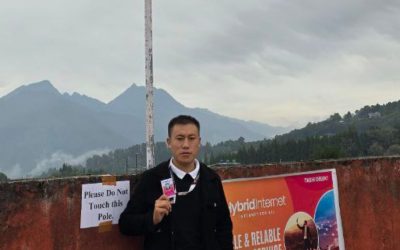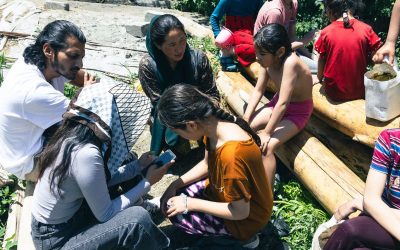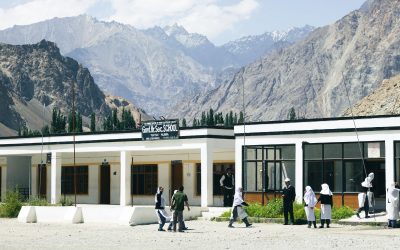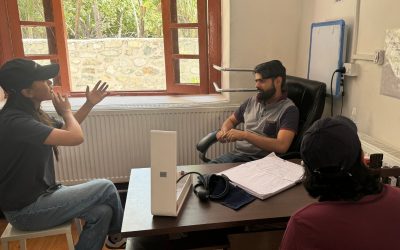The Challenge
Bringing internet connectivity to a remote government school in Stok, Ladakh, enabling teachers and students to access the digital tools and resources they need for education and development.
Project
Duration
2024 – Present
Members
Life without Internet
Teachers struggled to meet government-mandated digital tasks like marking attendance, often leaving the school to search for weak mobile signals. Students had no access to online learning tools or content, which stifled their ability to compete with peers in better-connected regions. The lack of digital infrastructure left both teachers and students disconnected from modern educational opportunities.
Our Association
Stok Primary Government School partnered with us to overcome its connectivity challenges. We devised an innovative solution to establish reliable internet access, transforming teaching and administration. This initiative has opened doors to digital education, efficient operations, and new opportunities for the school and its community.
Connectivity Roadblocks
Electricity
Lack of stable grid resulting in, extra steps for a solar + battery deployed networks.
Poor road access
Limited road infrastructure adds significant delays and logistical hurdles
Extreme Weather
Mountainous terrains with extreme weather conditions affects hardware.
Personnel
Difficult to find skilled personnel to troubleshoot and manage the network.
Affordability
Low budgets for the project development and sustained network maintenance.
Hardware Availability
It takes weeks to source equipment from the cities when things break down.
Overcoming challenges
Our approach to enabling and sustaining Internet access at the Stok
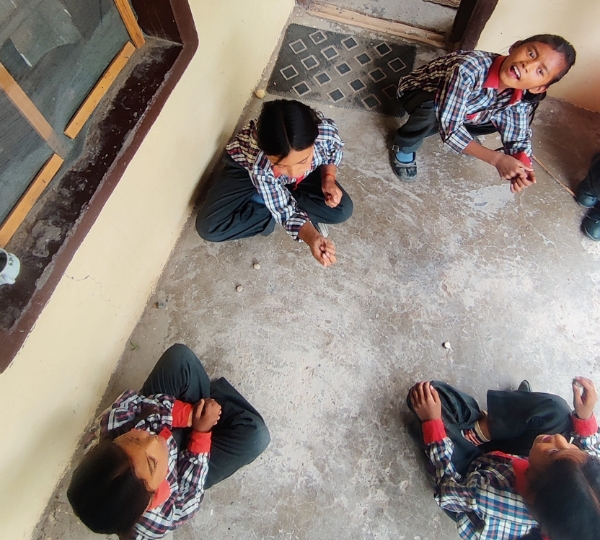
Need Analysis
Our initial discussions with teachers and the local administration revealed clear priorities: real-time attendance management, access to digital learning tools, and improved teacher training.

Site survey
We conducted an on-ground survey to map connectivity challenges and identify the best location for the access point.
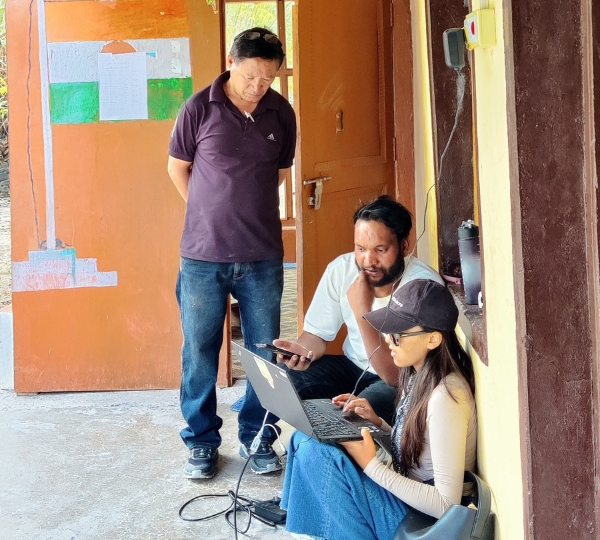
Network Planning
Given the terrain, a creative solution was devised to place the access point on a tree. This allowed us to establish a stable signal and route cables securely to the school.
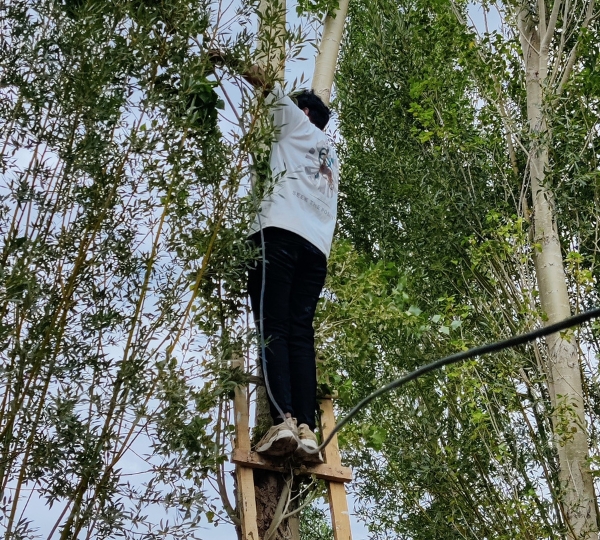
Implementation
Despite logistical hurdles, our team successfully installed antennas, routers, and cables. The process also included weatherproofing the setup to endure Ladakh’s harsh climate.
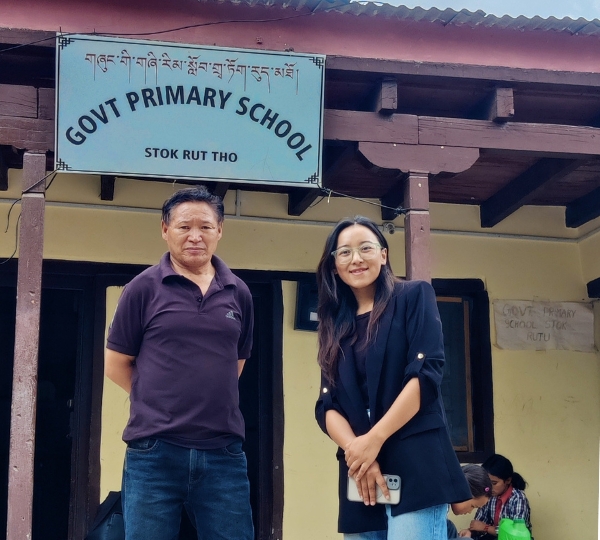
Training and Handover
Teachers were trained to manage basic troubleshooting and network management, ensuring long-term sustainability of the network.
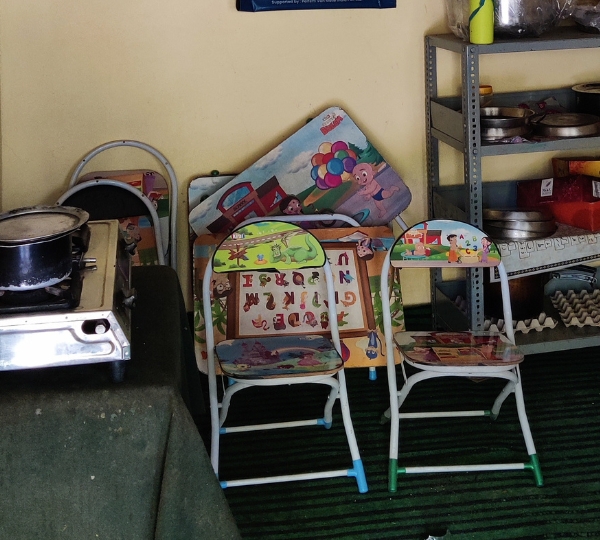
Monitor and Support
Remote monitoring and support services ensure that the connection remains stable and operational.
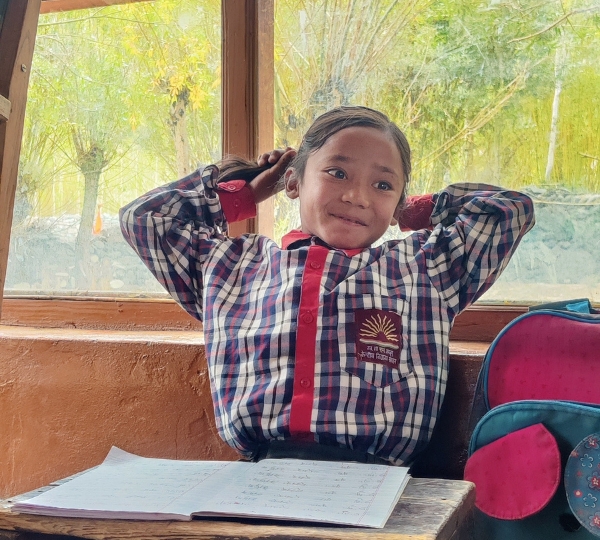
Sustaining Connectivity
Teachers now have efficient systems for attendance and training, and students are poised to benefit from digital learning tools as resources become available.
Outcomes
After bringing Internet access to Stok Primary Government School
Enhanced Learning
Improved Administration
Teachers can now mark attendance and access resources on-site, saving time and improving efficiency.


